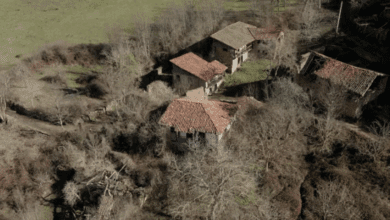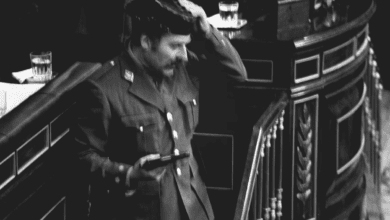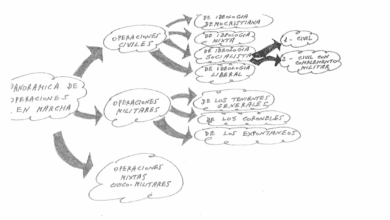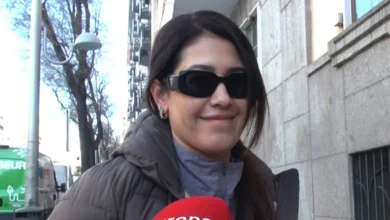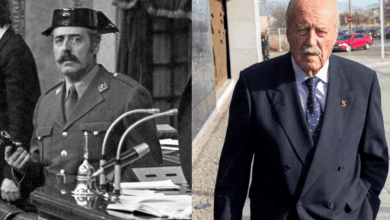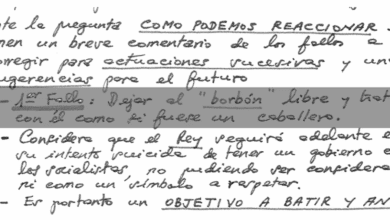
In the heart of La Rioja, in the town of Nájera—once the capital of a whole kingdom—stands the monumental Monastery of Santa María la Real. Its austere stone walls, silent witnesses to changing eras and dynasties, conceal more than just an architectural landmark; they guard a true treasury where history, art, and old legends intertwine. Founded as early as the 11th century, this complex underwent a major Gothic transformation four centuries later, and today it offers visitors much more than just a tour of ancient halls.
The origins of the sanctuary are shrouded in a beautiful legend. Local tradition tells that in 1052, the Navarrese ruler García IV, while out falcon hunting, discovered an intricately crafted statue of the Virgin Mary with the Child in a hidden cave, along with a bell and a vase of pure white lilies. So struck was the monarch by this find that he ordered a church to be built on the very same spot. This marked the beginning of the monastery’s story, which soon came under the protection of the powerful Cluny order and, centuries later, found new life and its present appearance during the flourishing of the Gothic era.
Among the most striking parts of the complex is the Cloister of the Knights, completed in 1528. This space captivates with its late Gothic style, where graceful ribbed vaults combine with the rich décor of the Plateresque tradition. It is considered one of the region’s finest examples of Renaissance art. Its galleries feature Renaissance sculptures, grand tombs of noble families, and portals that showcase a remarkable blend of Gothic severity and Renaissance freedom. Yet the main treasure lies deeper—the Pantheon of the Kings. This unique site is the resting place of three dozen monarchs of Castile and Navarre, making Nájera the city with the second largest number of royal tombs in Spain, surpassed only by the majestic San Lorenzo de El Escorial. A tour of the Gothic church, along with the very cave where it all began, completes this journey into the depths of history.
However, as dusk falls, the traditional visit transforms into a real adventure. Every summer, the ancient monastery walls become the stage for the unique “Culto y Cultura” performance cycle. The troupe Sapo Producciones organizes night tours that skillfully blend theater, historical facts, and subtle humor. Participants enter the complex through a special entrance, the Puerta de Navarra, where they are greeted by characters from the past. These guides lead guests through halls and courtyards bathed in mysterious light, granting access to areas usually closed to the public, such as the upper cloister gallery or the peaceful monastery garden. Each year, the script is updated with new scenes and unexpected twists, so even repeat visitors have reasons to return. Tickets cost 10 euros and can be purchased at the box office or reserved in advance by phone or email. The performance begins precisely at ten in the evening.
For those who prefer to visit during the day, it’s important to note that opening hours vary by season. During the summer months, doors are open from Tuesday to Saturday, 10:00 to 13:30 and 16:00 to 19:00, and in July, August, and September, the complex is also open on Mondays. In winter, from late October to March, evening hours are reduced. The standard adult ticket costs 5 euros, with discounts available for seniors and children, while children under 9 enter for free. Santa María la Real is not just a stop on the tourist route—it’s a place where history comes alive before your eyes, far beyond the dry facts of a textbook.


